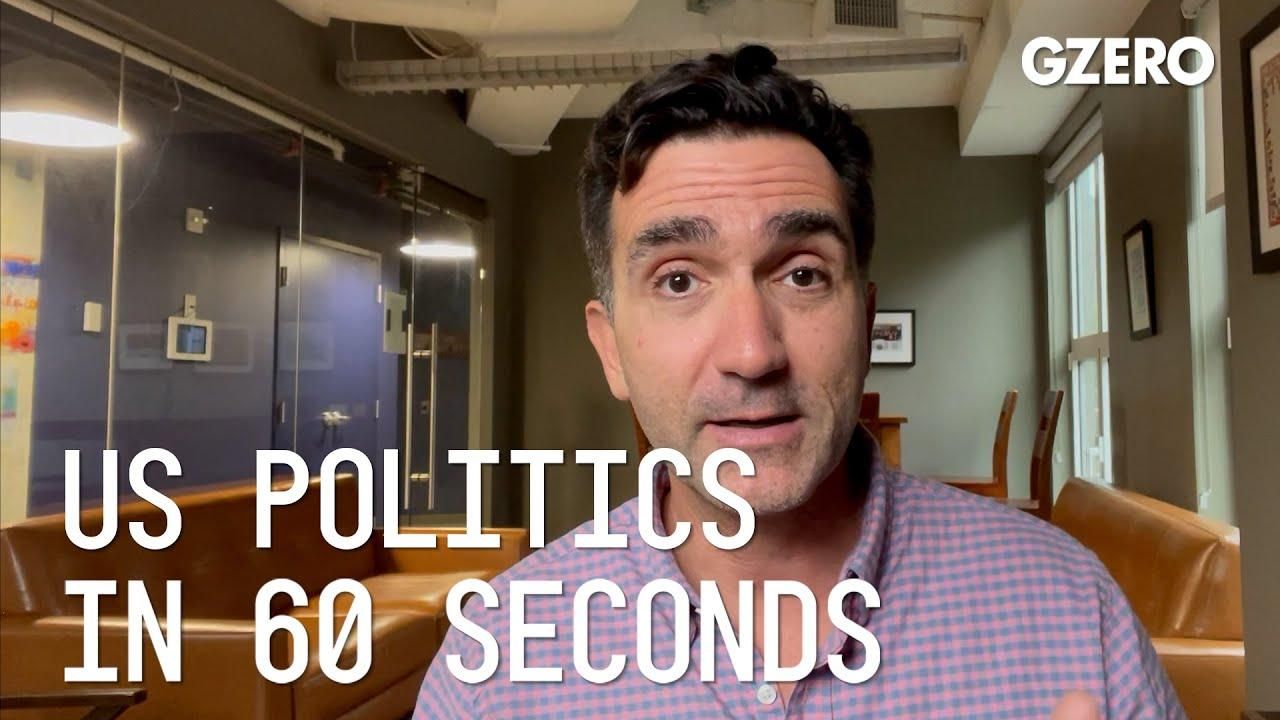Herschel Walker's abortion news bad for GOP, but ad spend will determine control of US Senate

Jon Lieber, head of Eurasia Group's coverage of political and policy developments in Washington, DC shares his perspective on US politics.
Which US Senate candidate has had the worst week?
The battle for the Senate remains very close with both parties having plausible paths to a majority in the November elections. Republicans have massively underperformed in several states that were held by Democrats that were supposed to be competitive this year, but aren't.
New Hampshire looks all but out of reach given the unpopularity of the Republican candidate there, and while Arizona could still be a pickup, the forecast today is leaning strongly towards the incumbent Democratic senator, an ex-astronaut who has not made any major mistakes so far in his re-election bid. Far more interesting are races in Nevada and Georgia. Republicans could potentially pick up one or even two seats.
The race in Pennsylvania where TV doctor Mehmet Oz is suffering under the spotlight as a first-time candidate, potentially costing the Republicans a seat that they currently control. Oz is coming on stronger in recent weeks, attacking the Democrat in the race as being too liberal for the swing state. These attacks have helped Oz close his polling gap from 10 points to just below six, and he's been benefiting from millions of dollars in outside spending that's helping him, despite some damaging reporting this week that he experimented on dogs earlier in his career.
Having a far worse week than Oz is Georgia candidate Herschel Walker, a former running back at the University of Georgia who's running for a seat that Republicans need to win if they want to control the Senate. A news site this week reported that Walker, who's now pro-life, paid for his girlfriend to have an abortion in 2009. His son, who has an influential YouTube channel as a conservative, came out on Twitter condemning his dad for abandoning him and his mom, a woman that Walker had previously threatened with a gun.
Prior to this week, Walker had been seen as having probably the Republicans' best chance of picking up a seat in this cycle, and he still could pick up that seat, but the Georgia election's a weird one because if neither candidate gets to over 50% of the vote, they will go to a runoff in December 6th where turnout could be a lot different than it will be on election day in November. Walker will no longer benefit from the popular incumbent governor on top of the ticket.
Walker is probably having the worst week of anybody running for Senate right now, but these races are far from over and will be defined by tens of billions of dollars in negative advertising over the final weeks of the campaign.